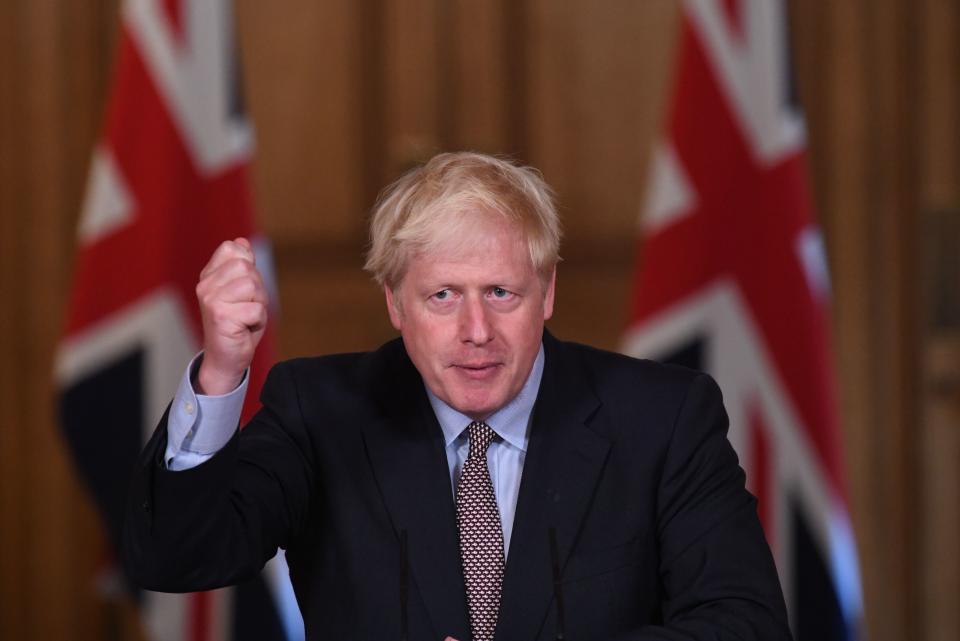Vast majority of Brits back curfew measures to stop second wave of coronavirus, poll shows

After Boris Johnson announced new laws on social gatherings on Wednesday, a new poll has shown that Britons would support even stricter measures being enforced.
According to YouGov, nearly two thirds of the population would support a 10pm-5am curfew to help stop a second wave of coronavirus.
In the poll of 3,906 adults, 62% of all Brits supported such a measure, while all age ranges were in favour – with support increasing among older people.
Some 75% of those in the 65 and older category supported a curfew, while over half (51%) in the youngest age range – 18-24 – were in favour.
62% of Britons – and all ages ranges - say they would support the introduction of a curfew between 10pm and 5am as a measure to prevent a second coronavirus wave https://t.co/2xPJiIwo5i pic.twitter.com/RgXCWwkfff
— YouGov (@YouGov) September 9, 2020
It comes after reports that the government have been considering introducing a nationwide curfew following its introduction in Bolton, which is under a local lockdown.
Pubs and restaurants in Bolton have been forced to close between 10pm and 5am, which prompted ministers to consider extending it nationwide, according to The Telegraph.
This would mean that people would have to stay at home between the designated hours, with some exemptions likely.
However, the the prime minister did not announce a curfew during Wednesday’s press conference, which was organised to set out plans for a restriction on social gatherings from Monday.
The discussions about curfews come as similar measures were put into place in Belgium following a rise in cases.
The curfew in that country has been hailed as a success as cases dropped following its introduction.
Watch - Yahoo UK’s Health Editor explain the complications linked to the coronavirus
Health secretary Matt Hancock told the Commons health and social care select committee this week: “In some countries, not only in the Far East but also closer to home, they have seen a rise in cases especially among younger people, taken action and that has turned the curve.
“That’s particularly true, for instance, in Belgium which we were very worried about a month ago but the case rate has come right down when they put a curfew in place.”
England’s chief medical officer Professor Chris Whitty alluded to the Belgium curfew and its success in bringing cases under control at Wednesday’s Downing Street press conference.

Whitty said: “Initially a rate went up quite sharply in the way that it has in the UK.
“But then they took decisive action and at that point the rate stabilised and in fact subsequently began to come gradually down.
“So, this is a clear indication that if you act rapidly and decisively when these changes are happening there is a reasonable chance, or a good chance, of bringing the rates back down and under control.”
Coronavirus: what happened today
Click here to sign up to the latest news and information with our daily Catch-up newsletter

 Yahoo News
Yahoo News 


